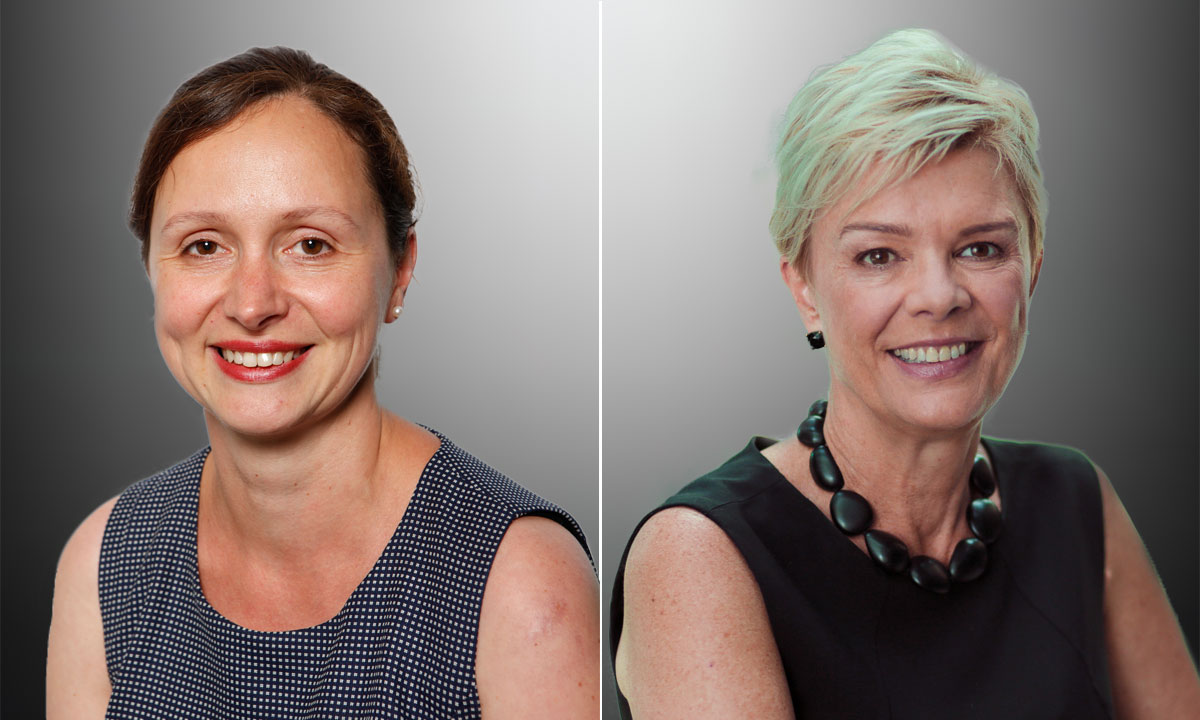RARE genetic conditions are the leading cause of death in infants and children in high income countries such as Australia. A rare genetic condition is one that affects less than one in 2000 people; but collectively rare diseases are common and a major contributor to chronic disease burden.
It is estimated that one in 17 Australians is affected by a rare disease – that’s over a 1 000 000 Australians. Rare diseases cause 30% of deaths in children under the age of 1 year, account for over 25% of admissions to children’s hospitals at any one time and are a major cause of lifelong intellectual and physical disability.
For too long, an accurate and timely diagnosis has not been possible for the majority of patients with a rare disease. On average, it takes 4 years and many subspecialists before the right answer is found, if at all. Even more dishearteningly, a treatment is currently available for only 5% of rare conditions.
Genomics is changing our understanding of child health and disease, and transforming paediatric care.
Of the estimated 7000 rare single-gene disorders, the genes responsible for just over half of these are currently known, with over 200 new gene discoveries being linked to genetic conditions every year, and predictions that the remainder will be solved in the next 5–10 years. Genomic testing is transitioning into routine paediatric care, enabling many more children and families to benefit from early diagnosis, accurate prognosis, better tailored management and, in some cases, effective treatment.
Head-to-head comparisons of genomic testing against usual diagnostic care consistently indicate a three- to five-fold improvement in diagnostic rate (here, here, here, here, and here). The replacement of many ineffective, often complex and invasive diagnostic tests with a single test has the potential to substantially reduce health care costs. Improved understanding of pathogenesis at the molecular level is also leading to the development of new therapies, with gene-targeted trials currently underway for spinal muscular atrophy, Duchenne muscular dystrophy, achondroplasia, and other rare genetic conditions.
Understanding paediatric (and adult) cancers at the molecular level holds the promise of improved risk stratification, the development of specific therapies with reduced toxicity and better outcomes. Genomic sequencing of tumour samples is increasingly becoming part of oncology care. Genomic technologies are also transforming the diagnosis of infectious diseases, enabling rapid diagnosis of both bacterial and viral infections, and accurate characterisation of disease outbreaks. As the cost of sequencing decreases, it is likely genomic sequencing will become part of newborn screening, and of reproductive carrier screening, reducing the overall burden of rare diseases affecting children. In addition, many chronic conditions of adulthood have their antecedents in childhood and adolescence, and improved understanding of genetic risk factors may offer opportunities to modify long term outcomes through early intervention.
Genomic sequencing is a disruptive technology – and there are many practical challenges to be addressed to fully realise its benefits in clinical practice. For example, there is a pressing need to expand and upskill the clinical workforce to become genomics-literate, while simultaneously addressing key regulatory, ethical and legal issues raised by genomic testing. We must also ensure that the clinical application of genomic testing is evidence-based, financially responsible, ethical and equitable, and that it does not exacerbate inequalities in Australian health care, particularly in relation to Indigenous children and families.
The Australian Genomics Health Alliance (Australian Genomics) is a national collaborative network that was established in 2014 to build a rigorous evidence base for the implementation of genomic medicine into health care. Australian Genomics comprises over 400 clinicians, diagnostic scientists and researchers from 80 partner organisations, funded by the National Health and Medical Research Council and leveraging over $100 million in state government investment. Australian Genomics has established a national diagnostic and research network and provides access to genomic testing for specific rare diseases and cancers through multiple clinical flagship projects, while gathering information prospectively on diagnostic and clinical utility, cost effectiveness, and evaluating new approaches to service delivery. Many of the rare disease flagships target conditions disproportionately affecting children, including mitochondrial disease, neuromuscular disorders, brain malformations, severe epilepsy, interstitial lung disease and intellectual disability.
It is exciting that, as sequencing turnaround times decrease, genomic testing is starting to have an impact on the diagnosis and care of critically ill children. In the first nationwide study of its kind, the Australian Genomics Acute Care flagship is recruiting babies and children with suspected genetic conditions in neonatal and paediatric intensive care units with the aim of providing genomic results in less than 5 days.
We welcome the development of a National Health Genomics Policy Framework, the recent publication of the Future of precision medicine in Australia report by the Australian Council of Learned Academies, and the Australia 2030: prosperity through innovation by Innovation and Science Australia, laying out a bold vision for the integration of genomics and precision medicine in the Australian health care system.
Some of the earliest and most spectacular success stories of genomics and precision medicine will be in improving child health through early diagnosis, targeted treatment, and prevention. It is time to fully embrace genomics and deliver on the promise.
Associate Professor Zornitza Stark is a clinical geneticist at the Victorian Clinical Genetics Services, Melbourne, and clinical research fellow with the Australian Genomics Health Alliance.
Professor Kathryn North is the director of the Murdoch Children’s Research Institute, Melbourne, the David Danks Professor in Child Health Research at the University of Melbourne, and leads the Australian Genomics Health Alliance.
To find a doctor, or a job, to use GP Desktop and Doctors Health, book and track your CPD, and buy textbooks and guidelines, visit doctorportal.

 more_vert
more_vert